Hotel Highlight: Glenburn Tea Estate
Where: Darjeeling, West Bengal, India
Author: Simon Westcott (Wisdom seeker with sore feet. British by birth, Australian by choice, Hong Konger by happy chance. Owner of Luxe City Guides).
Why: In travel, authenticity is a concept as overworked as ‘artisan boutique’, ‘unique experience’, or, my favourite oxymoron, ‘just wait while I Instagram that’. It is the holy grail of hoteliers, hipster chefs and destination PRs alike. We are so deeply enmeshed in a world of digital remove and monied excess that we have had to create a whole new marketing category of the ‘really real’.
So it troubles me I can find no more perfectly fitting word to describe Glenburn Tea Estate, in the Himalayan foothills close to Darjeeling, than authentic. Other places might sit in their landscapes more dramatically (the serene and magical Alila Jabal Akhdar in the mountains of Oman, say, but barely), or offer more contemporary, ‘every last touch’ luxury (urban oasis, The Upper House in Hong Kong, for example) – but Glenburn somehow manages to touch the soul deeper and more dynamically for any of its only very slightly rougher edges.
Arrival at Glenburn, a four hour transfer from West Bengal regional airport Bagdogra, is the first, and perhaps most exhilarating, exposure to the fully nuanced reality of life in the Indian mountains. The last half hour, down steep, narrow, massively mangled tea estate roads, is not for the faint-hearted. But the rewards are directly proportional. As the jeep pulls up the bricked drive to the Victorian-era plantation homestead, surveying its expansive tea-growing domains from the jutting prow of a beautifully manicured outcrop, a wonderful sense of place settles in.
Glenburn has been owned by the Prakashes for four generations. Staff at the house come from families – mostly Nepalese – whose connection with the estate is similarly long-standing. For all the remoteness of this valley, which directly borders Sikkim, India’s frontier state with Tibet, it teems with life. Lights from the big dusty city of Darjeeling spill down the mountain opposite like phosphorescent fruit pitched from a barrel; each morning competing Bhajans float upwards from the village loudspeakers below. Only Kanchenjunga – the world’s third-highest peak and always shrouded with snow – fails to appear during our visit (but next time).
Glenburn gets all the other things right: exquisite interior design, in the comfortable, old-school manner of big day sofas, richly textured local fabrics, cruiseliner-sized beds and deep, long, soak-in-them-forever baths; beautifully executed home-cooking (on a different culinary them each night); effortless and engaging hosting from on-site managers and owner Husna Prakash if you’re lucky; and gentle walking tours with staff who’ve lived on the estate all their lives. And I haven’t even talked about the tea.
Authenticity is, by definition, not something you can set out to create, or buy in. That sense of originality, of truth to the self, of something bigger and deeper than the people travelling through it, is wholly organic. Glenburn embodies that reality.
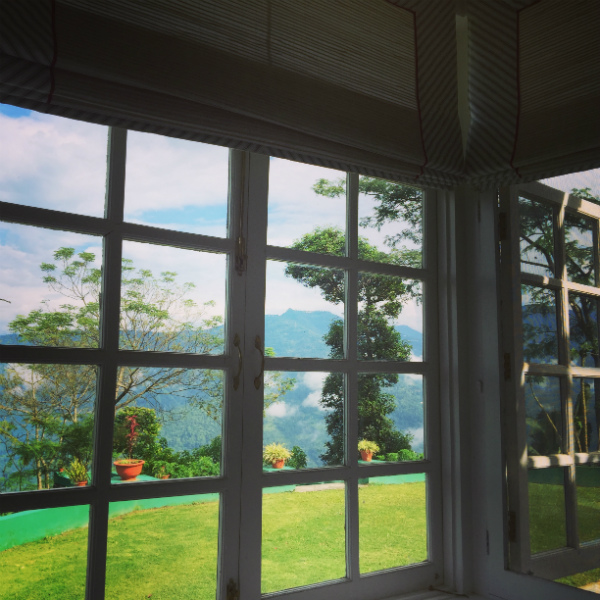
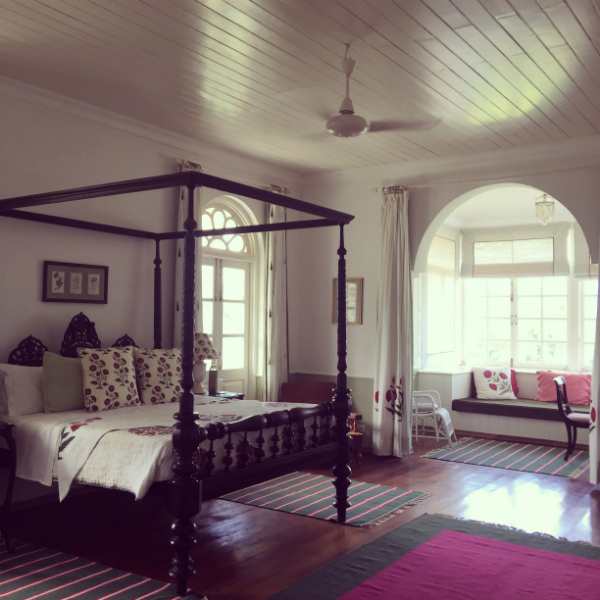
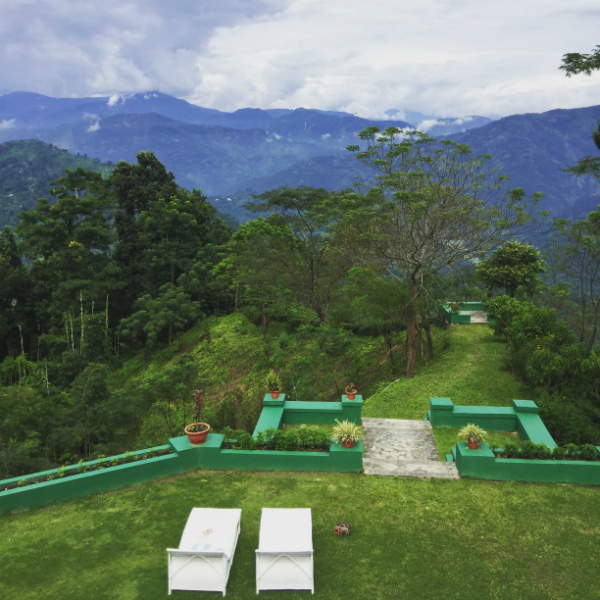
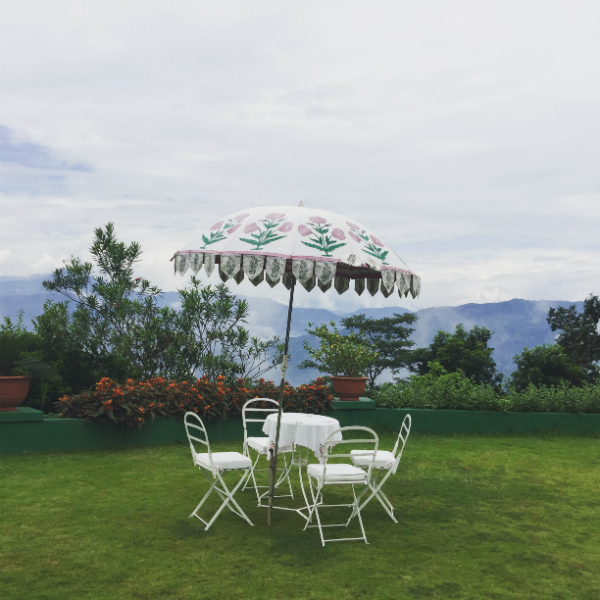

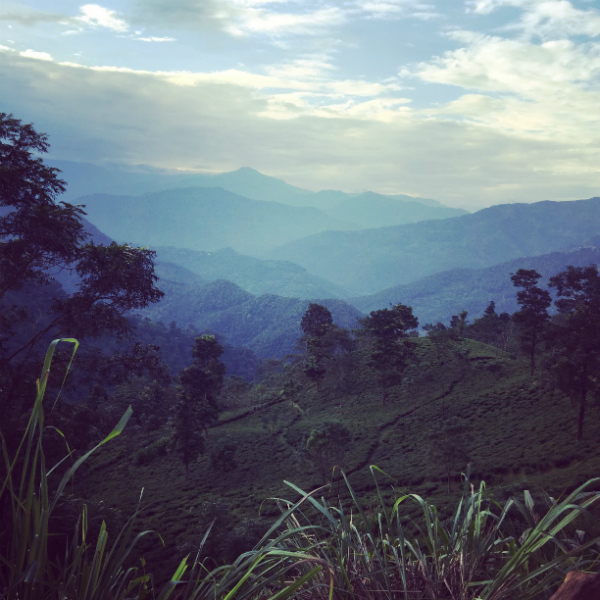
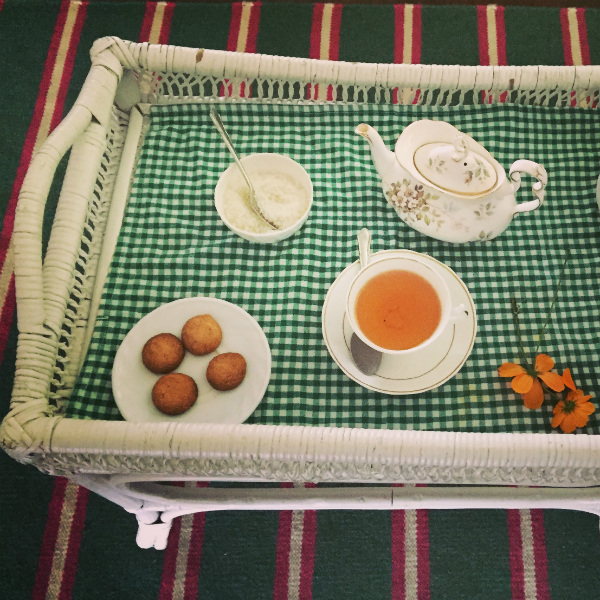
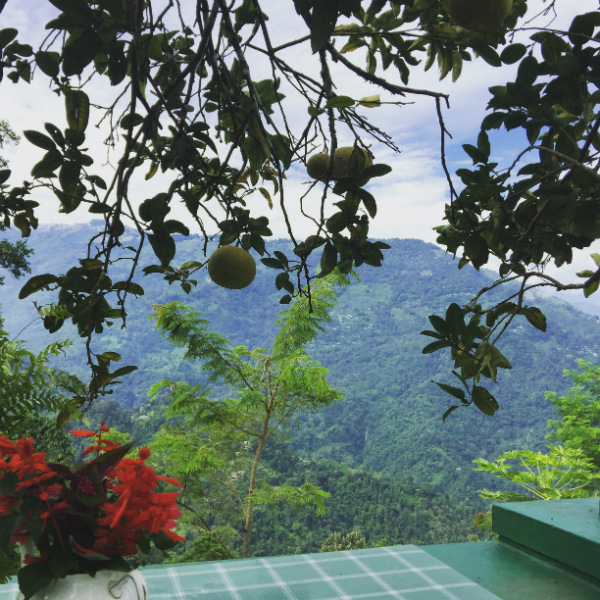
- Posted In:
- Wanderlust


